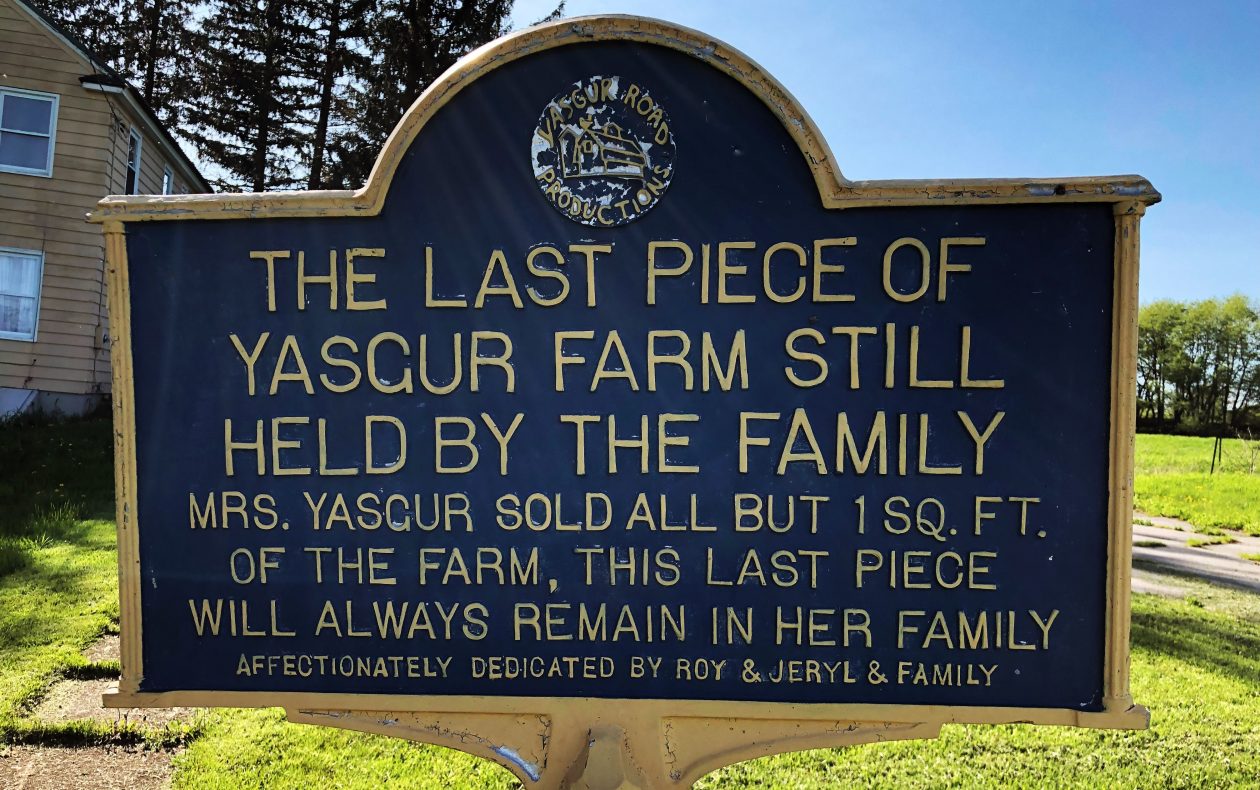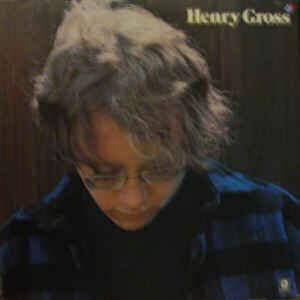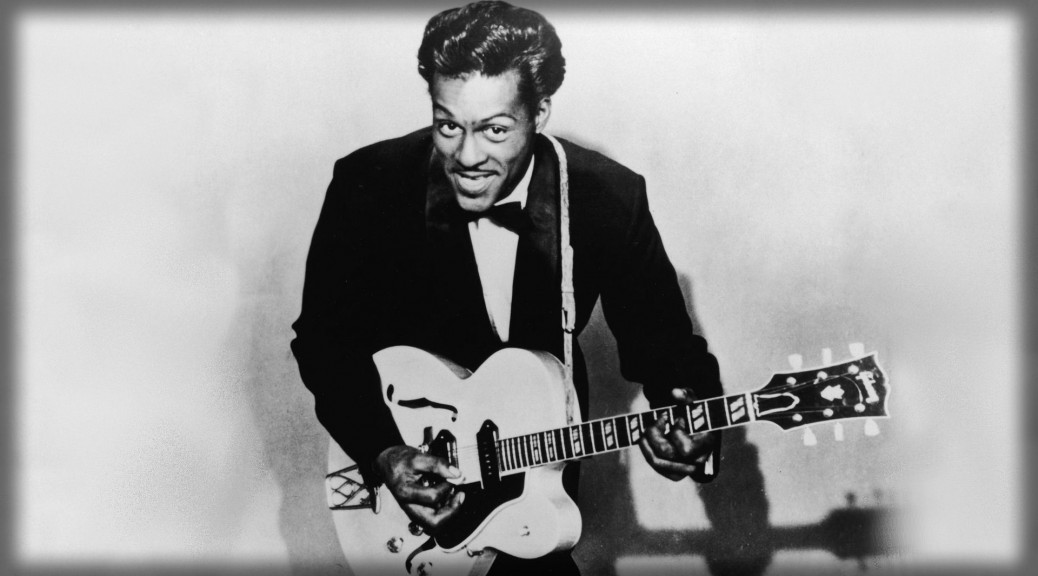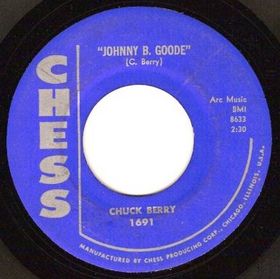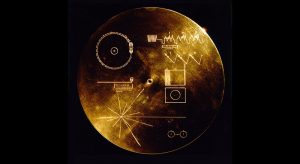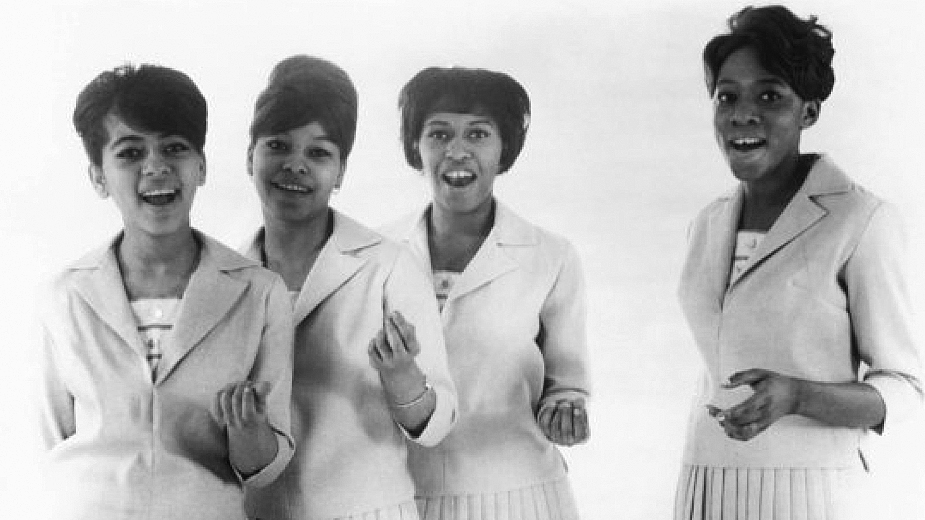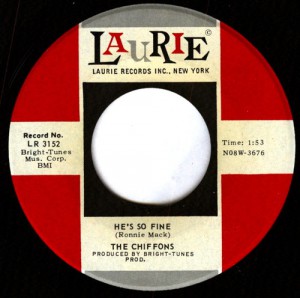Sha Na Na Henry Gross

- original member of Sha Na Na
- youngest Woodstock alum
- hit single “Shannon”
- center of a profanity-laced Casey Kasem rant
Sha Na Na Henry Gross
Henry Gross
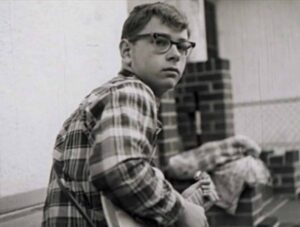
Henry Gross was born on April 1, 1951 in Brooklyn, NY. According to his site, “By age thirteen his first band, The Auroras, performed at The New Jersey pavilion of the Worlds’ Fair in New York City. At age fourteen he was playing regularly in local clubs all over the New York area and spending his summers playing at Catskill Mountain Resort hotels.”
When he was 18, Henry Gross helped form Sha Na Na.
Woodstock then solo
Sha Na Na’s successful appearance at the Woodstock Music and Art Fair launched their career. It also launched Henry Gross’s career as he went solo in 1970.
His first A&M album, “HENRY GROSS” (AKA “The Yellow Album”) sold very well and had several regional hits including “Simone,” “Come On Say It,” “Skin King” and a near gold cover of Lindisfarne’s European hit “Meet Me On The Corner.”
He also had success as a sessions guitarist on recordings by Dion and Jim Croce.
Carl Wilson connection
In 1976, he released the song “Shannon.” It was written about the passing of Beach Boy Carl Wilson’s Irish Setter of the same name.
Casey Kasem rant
Nine years later a request for the song led to a now infamous tirade by Casey Kasem. On September 14, 1985 while recording his show, Kasem read a “Long-Distance Dedication” from a listener who asked Kasem to play the song “Shannon” because his dog Snuggles had died.
Kasem was upset that the dedication had segued out of the uptempo “Dare Me” by the Pointer Sisters. Here is that piece. Warning: this is a side of Casey you’ve likely not heard before. NSFW. You have to click to listen.
Keep the Dream Flowing
Henry Gross continues to perform and in 2022 released a new album, “In My Own Sweet time.”
On September 20, 2022, Henry was part of an interview with Donny York on the Keep the Dream Flowing podcast. Here is the link to part one of that interview.
Happy birthday Henry!
- Related link >>> Song facts article on Kasem rant
- Related link >>> Wikipedia entry
- Related link >>> All Music discography
Sha Na Na Henry Gross
